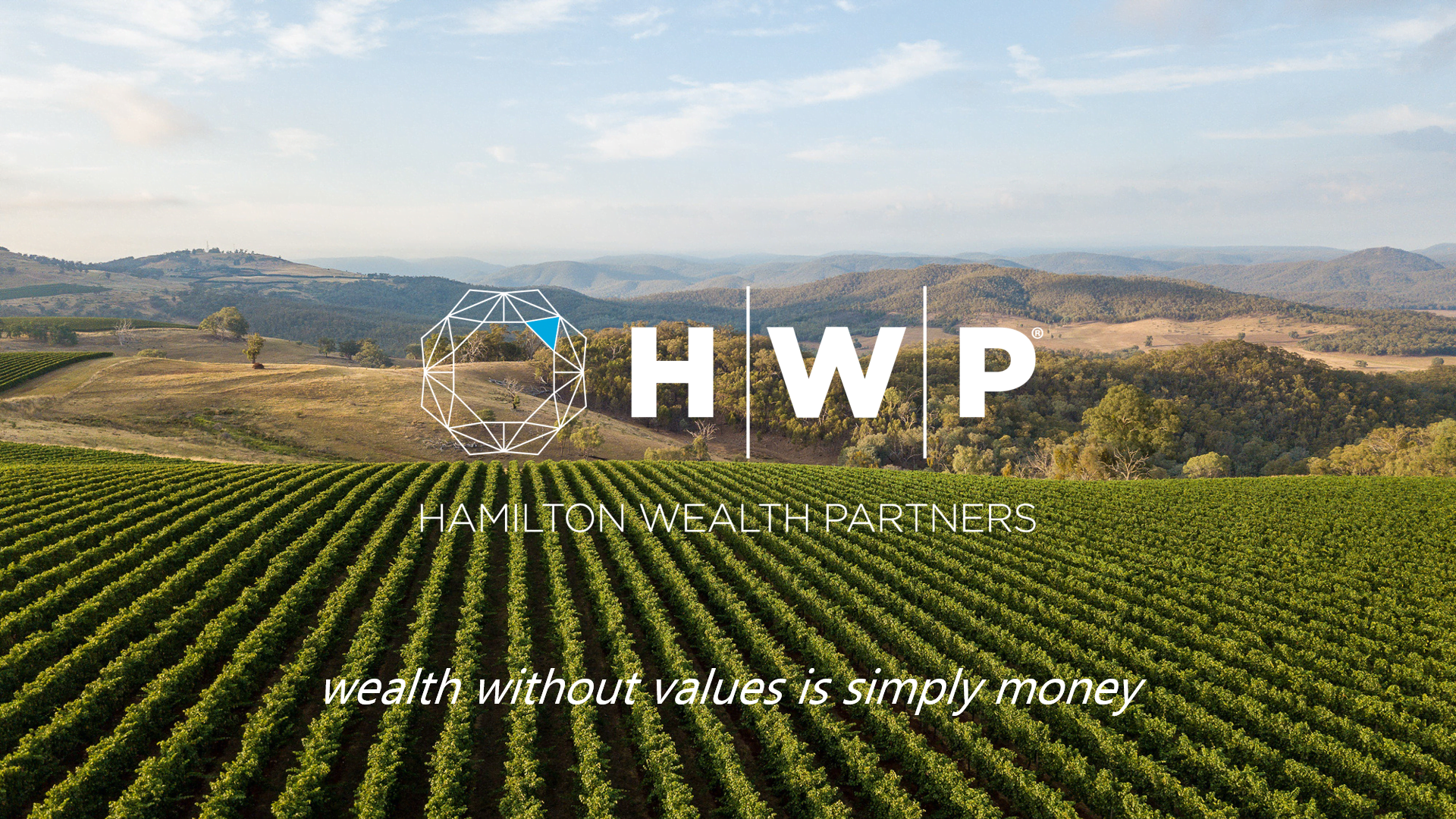In late June we attended the IM Power Fund Forum International conference in Monaco. Three topics dominated, being the impact of elections on equity markets, inflation, and alternative assets. We were left in no doubt that there is great uncertainty in the world we live in.
It is interesting to get such a global perspective, especially with respect to equity markets where the Global Developed market performance has doubled that of the Australian market, not just over the last twelve months but also over the last three years.
Delegates were left in no doubt that technology is playing an enormous role in shaping markets. For instance, nothing works today without satellites, even the mobile phone in your pocket. The US market is now almost 70 per cent of the MSCI All Country World Index, India is growing rapidly, its reform agenda will continue despite Modi being elected with a reduced majority, and Mexico has benefitted from US manufacturing onshoring as globalisation unwinds. These are all seen as markets that will continue to perform.
Whilst US technology stocks are drawing comparisons with 1999/2000, today the big difference is that these technology companies have very large earnings where there was none over 20 years ago. The incredible performance of these companies does, however, lead us to be cautious after such a stellar run, and we have started to see volatility around these companies.
Inflation is changing the game and more stubborn inflation means interest rates globally will not decrease to where expectations were at the beginning of the year. A second wave of inflation could well come, albeit with lower intensity, but it will be harder to get rid of due to the stubbornness of the services sector.
Elections were widely discussed. Over 60 elections globally will occur in 2024 and what we have seen to date is that inflation which translates to cost of living pressure for the public is the number one issue driving political outcomes. Election results have in many cases been the result of incumbency, as many governments have been thrown out with the cost-of-living impact of inflation a central issue. Geopolitics is the hardest thing to predict, but there are some interesting possibilities in the US that were discussed that people should plan for on a scenario basis.
Highly regarded geopolitical expert Pippa Malmgren and John Emerson, former US Ambassador to Germany, both feel there is a strong possibility of a spoiler in the wings, that being no result in the US presidential election due to Robert Kennedy taking votes from Harris and Trump. The under 45s in the US are strongly endorsing Kennedy. He won’t win but will he prevent Biden and Trump reaching the magical 270 electoral college votes? Malmgren and Emerson think this is a strong possibility. This then leads to a contingent election, last seen in 1837, where the House votes on the President and the Senate votes on the Vice President. This could even lead to a Democrat President and a Republican Vice-President or vice versa.
Investment markets hate is uncertainty and there is a possibility we will not get a new US President in January 2025; rather it will have to be negotiated. Harris replacing Biden as the Democratic Party nominee is also a game changer.
No one knows how this will play out but to make a prediction on the US market as a result of an emotional view on a Presidential candidate is fraught with danger. Since the S&P 500 was started in the US in 1957 it has closed higher at the end of a President’s term than at the start for every President except for George W Bush, who had both the dot.com bubble and 9/11 to contend with.
We are visiting the United States in September and will have a stronger view on the US election scenarios we see playing out following this visit.
Last year at the same conference the clear number two topic was the “democratisation of private assets” or making private assets more freely available to retail investors. We hate this term, and it was pleasing to see that the excitement around this topic has calmed down, but it was still a major point of discussion.
What was different this year was the importance of liquidity in portfolio construction and for the alternative asset sleeves of a portfolio. As public or listed markets have decreased in size, alternatives have become a viable asset class both dampening portfolio volatility and enhancing returns. As we have written in these pages before, there is a large disparity in quality between managers and buyers must beware.
The explosion in Private Debt or non-bank lending was raised as a large concern. We have not seen the impact of a default cycle and how this will be managed yet.
Our takeaway statistic from the conference was provided by Private Equity manager KKR, this being that in the US there are now more Private Equity funds (15,000) than McDonalds franchises! What is well established overseas, we are increasingly seeing here in Australia, is evergreen or open-ended Private Equity structures, the likes of Partners Group and Hamilton Lane who are well established, with many other entrants joining our market over the last twelve months and more to come.
Subject to an investor’s risk profile and total portfolio size, these evergreen funds can serve a purpose beyond just exposure private equity. Investors can get almost immediate exposure with diversification across style and vintage, in traditional private equity structures this would take years to build. A degree of liquidity is also valuable however investors should remember all funds can be gated in times of stress. Private Equity certainly has a role in investor portfolios if the liquidity profile is properly considered and the return expectations are commensurate with the risk and illiquidity of the strategy.
We also met with wealth managers in London, who for the first time in many years have a positive outlook, with interest rates soon to start coming down, positive earnings growth and a new Government claiming to be committed to growing the economy.
At the same time, we sense overconfidence and complacency in some areas. Whilst the US equity market performance has been outstanding, it has been concentrated around the so called “magnificent seven” and NVIDIA in particular. Just six months ago the discussion was around the expected productivity improvements from AI, this has now shifted towards trying to quantify these expected gains and asking where the revenue improvements or cost reductions are going to come from.
We expect the domination of the “magnificent seven” to dissipate somewhat and to see the rally in the US equity market broaden out as interest rate expectations fall. We have seen the first signs of this in July as small and mid-cap stocks have started to outperform.
Volatility will however remain. Inflation and interest rates may not fall as quickly as some expect in some markets, particularly Australia, and geopolitical events will continue to provide an undercurrent of uncertainty, be it the US election or tensions in the Middle East.
For the most part we have seen corporate earnings surpass expectations, yet GDP growth is starting to slow, and inflation remains stubborn. We believe diversification has never been more important.


Login to …